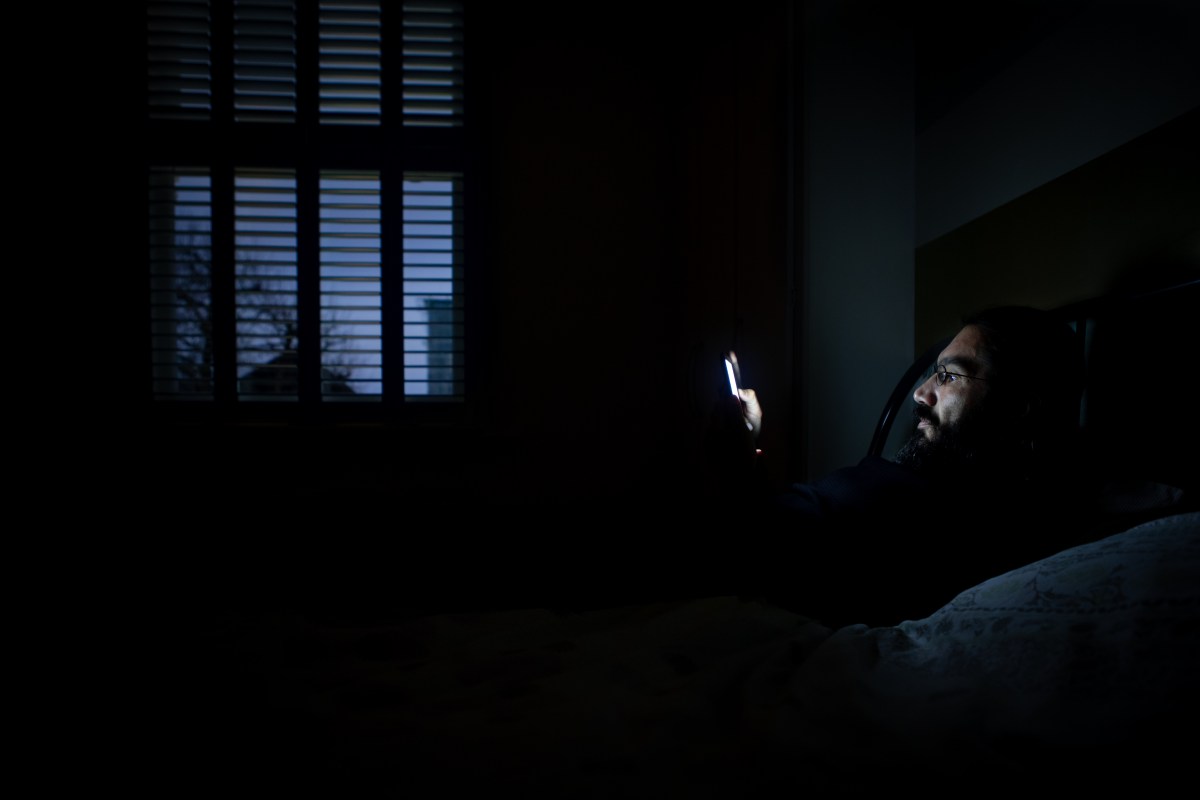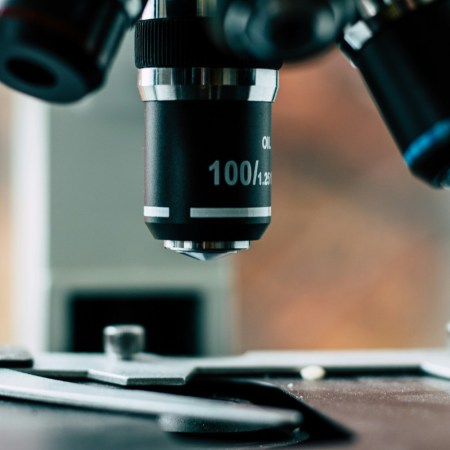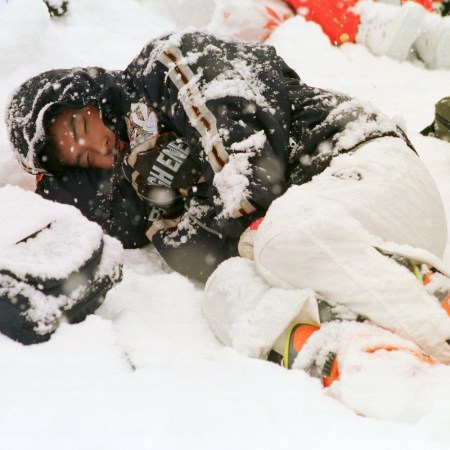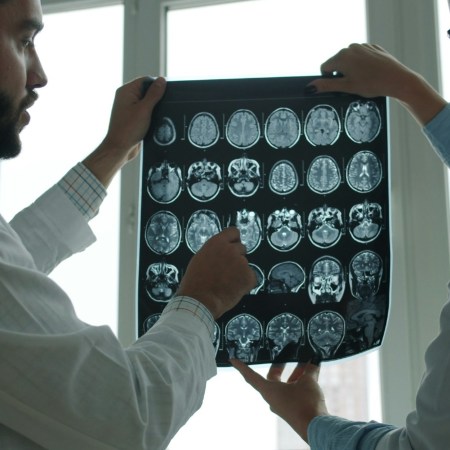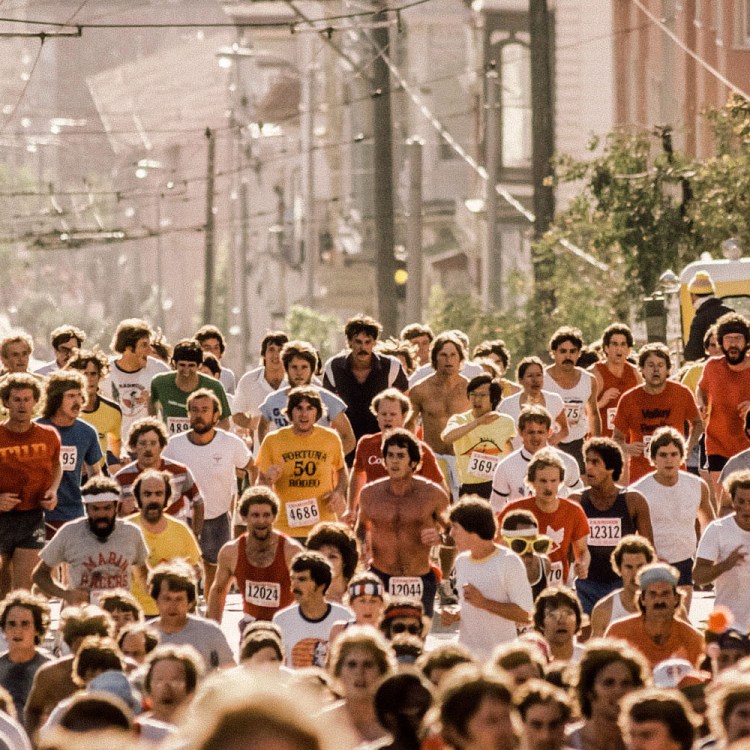Something that 70% of us experience, yet very few of us have even heard of: “hypnic jerks.” Also known as sleep starts, sleep twitches or myoclonic jerks, the phenomenon tends to occur in the 10 minutes or so between the moment you go to sleep and the moment you actually fall asleep. As you’re lying there with your eyes heavy and your breathing nice and rhythmic, your muscles suddenly contract in violent fashion, ripping you from your rest.
Sound familiar? It might not because a third of adults don’t experience hypnic jerks, and many who do simply roll over and into their official sleep cycle (a little confused, but none the worse for wear). Still, others are familiar with the full suite; hypnic jerks can include hallucinogenic elements like perceived bangs or stomps and sensations of falling off a cliff or getting hit by a truck. I’ve had the former before — I wouldn’t recommend it. Some sleepers may even cry out when this happens. If you share a bed with a partner, you may have witnessed it firsthand.
The 10 Best Breathing Exercises for Sleep, Fitness and Calm
There are a lot of tricks out there. Keep these in your toolkit.Are “Hypnic Jerks” a Bad Thing?
It’s possible that this all sounds unpleasant, if not a little alarming. In an age of careful and considered sleep hygiene — with sleepers spending more time and money to make their little sleep havens as dark, cool and tech-less as possible — should we be making a point to stamp out hypnic jerks, too? Are they negatively impacting our sleep patterns? The answer is more or less no. Sleep experts stress that research into hypnic jerks is light, but that’s expressly because it’s a harmless occurrence. (Think about some of the body’s other bizarre, day-to-day reactions that we don’t get overly stressed about: hiccups, goosebumps, blushing, etc.) The “myoclonus” that your body experienced (that’s a fancy term for brief, involuntary twitching) is a natural byproduct in the neurological tug-of-war between your awake and asleep states.
What You Should Keep in Mind
If hypnic jerks become a more frequent or intense in your wind-down routine, consider limiting your afternoon caffeine consumption. Other triggers: nicotine, exercise too late in the day, stress and anxiety (e.g. working before bedtime, or laying there litigating the entirety of your day). Fortunately, the everyday switches that decrease your chance of a severe hypnic jerk will help you sleep better, anyway.
Meanwhile, for those out there who’ve struggled with insomnia, there’s even a “spin zone” available here. Whenever I wake up to a hypnic jerk — sometimes registering a wackadoodle hallucination along with it — that’s a sign to me that I’m doing everything right. My body’s headed in the right direction, and sleep is near.
The Charge will help you move better, think clearer and stay in the game longer. Subscribe to our wellness newsletter today.
